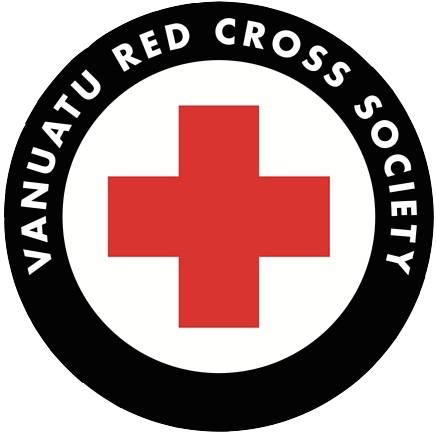Participants in the Public Health in Emergency (PHiE) training - Malampa Province
Epidemics are a constant threat to the health and well-being of communities, especially in areas where resources are scarce.?
What is Epidemics? Epidemics are often a symptom of underlying weaknesses in the health system or water and sanitation infrastructure; the challenges and effects of which are often exacerbated by poverty and inequity.
How it affect? Epidemics affect the security, social cohesion and economic prosperity of affected communities. Recent years have been marked by significant epidemics — cholera, plague, dengue, yellow fever, Zika, Lassa fever, MERS, Ebola Virus Disease and COVID-19, among others.
It is essential to plan and prepare for epidemic prevention and control. With preparedness, early detection and rapid response, it is possible to limit the impact of outbreaks by containing and controlling them before they grow out of control. Managing epidemics and preparing for them, or preferably preventing them, is a priority for the Vanuatu Red Cross Society across the country. A large part of this response to health needs in emergencies and epidemics is carried out by volunteers working in their own communities.
It is the volunteers’ presence within their own communities that ensures they understand and can better address the underlying risks, vulnerabilities and inequalities. Their competitive advantage is therefore their sustained and consistent contact with communities, which allows two-way communication and trust to be built – both of which are crucial elements for effective public health response.
Participants in the Public Health in Emergency (PHiE) training - Malampa Province
The overall objectives of this training is for participants to understand:
The basics of epidemics and why they occur
Concepts of risk and vulnerability in relation to epidemics
The role of volunteers in epidemics and how to stay safe
The common infectious diseases that cause outbreaks in your country, and how these diseases are spread
How to help authorities to assess an epidemic and implement appropriate prevention and control measures
The basics of risk communication and working together with the community and
How to use the ECV toolkit to help in your work.
Participants in the Public Health in Emergency (PHiE) training doing group work - Malampa Province.
Training methodology
The overall Public Health in Emergency (PHiE) training is designed based on the project output that links with the project objectives.
Lecturing Session – to help the volunteers develop understanding on the topics and its relevance to their performance as facilitator in the communities.
Discussions – the trainers and volunteers contribute in two-way communication to be able to improve the training process and also to allow volunteers to reveal their understanding and learning needs which they need to improve on.
VANUATU RED CROSS - NATIONAL Roles & Responsibilities
Public Health in Emergency (PHiE) Training by Lindah Peter (Health & Resilience Coordinator)
Training facilitated by Denny Manvoi - Health Assistant at Vanuatu Red Cross Society (VRCS)
Training sessions were delivered using VRCS Standard IEC materials on the specific topics.
Timeline
Approximately September 17th to October 1st, 2022.



